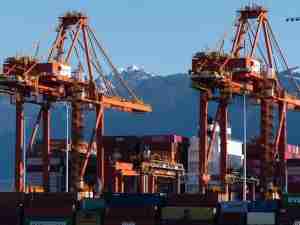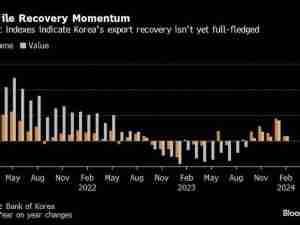Japan Demands Talks With U.K. Government Over Brexit Strategy
By: Robert Hutton | Oct 31 2016 at 06:07 PM | International Trade
Japan warned Prime Minister Theresa May her government must improve its communications about Brexit or put inward investment in the U.K. at risk.
Days after May pulled out the stops to persuade Nissan Motor Co. to continue building cars at its plant in Sunderland, northeast England, the Japanese ambassador to London demanded regular meetings to discuss Britain’s strategy for leaving the European Union.
“Of course Japan will not sit at the negotiating table when the U.K. negotiates with the EU,” Koji Tsuruoka told lawmakers, including Britain’s chief negotiator David Davis, at a reception in Parliament in London. “But we are friends, we are also a very major stakeholder, the Japanese economic presence in the U.K. is quite significant. Therefore this important presence will of course have an impact on how the negotiations should be conducted.”
Japan’s intervention, two months after it published a 15-page document setting out its concerns about Brexit, adds to pressure on May to deliver a divorce that gives investors confidence.
‘Interested Party’
Tsuruoka argued that Japanese industry’s “very large stake” in the U.K. economy makes its companies “an interested party” in the Brexit talks. He praised Nissan’s “courageous statement” and welcomed May’s actions “in making this possible.”
“Japanase companies are not leaving, they like it here and they have been operating profitably in the U.K.” the ambassador said. The two governments “should make certain there will be a business environment that will continue to allow them to make profits and operate in the U.K.,” he told lawmakers.
“For that objective we are prepared to engage in periodic meetings with U.K. government officials for broad discussion regarding the range of economic challenges arising from Brexit,” he said, adding that his embassy is “in constant contact with Tokyo on a daily basis about what is happening here.”
Haruki Hayashi, president of the Japanese Chamber Of Commerce And Industry In The United Kingdom, and European regional CEO of Mitsubishi, hammered the point home in a subsequent speech.
Other Offers
“More than general reassurances are called for at this stage to ensure the Japanese investment presence in the U.K. is not diminished for lack of consultation and information sharing,” he said. Japanese companies are being approached by other countries inviting them to relocate there, he said.
Hayashi said the U.K. needs to understand the importance its “global investment partners” attach to its membership of the EU’s single market and customs union, and the the ability of workers to move freely around the bloc.
“Many Japanese businesses came here looking for the gateway to Europe,” Hayashi told reporters afterward.
Davis, speaking after Tsuruoka, didn’t directly address the ambassador’s warning or his request for meetings. He instead painted a picture of Britain’s future as an attractive place for foreign investment.
Britain will be “a beacon of free trade,” he said. “This government understands that providing certainty for business and investors is the key.” He added that he wanted to see a “comprehensive trading relationship between the U.K. and the EU.”
As the reception started, Business Secretary Greg Clark was still addressing Parliament and resisting calls to publish a letter he wrote to Nissan to persuade them to stay in the U.K.
“It’s important that when companies of all types and in all sectors share with me their investment plans that are information to their prospective competitors, that they can be assured that they are not going to be disclosed to their competitors, to their disadvantage,” Clark said.








